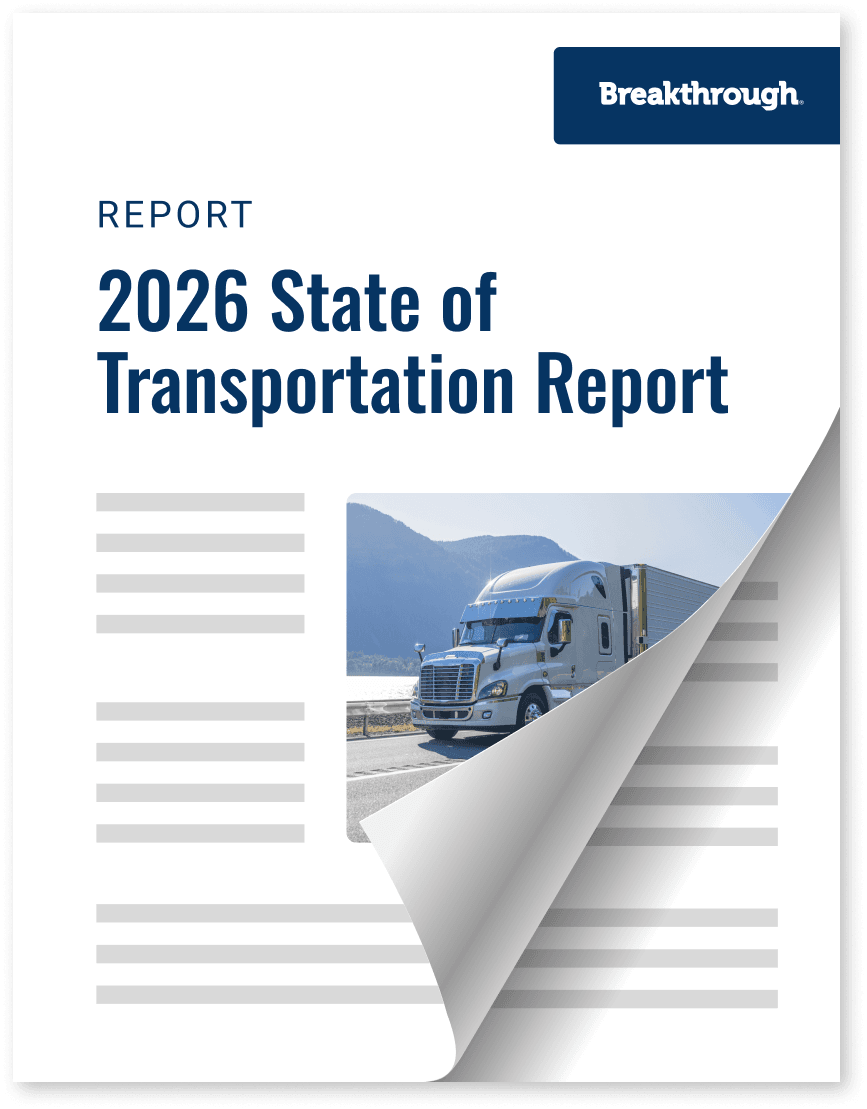2026 State of Transportation Report

Trending
Top Posts
3 min read
December 5, 2017

Share:
The launch of the Tesla Semi represents the most significant milestone to date in the development of electric trucking capability, and with this announcement it is worth considering the implications of electric powertrains for transportation energy management. The advent of electric trucking represents a possible paradigm shift within the industry, but if we consider the fundamentals of transportation energy management today, we begin to see how they will apply to the industry of tomorrow.
Today’s state-of-the-art transportation energy management programs focus on establishing a mechanism that allows shippers to accurately reimburse carriers for the energy that they procure in the movement of a shipper’s goods to market. In today’s transportation marketplace, where diesel fuel is the dominant source of energy, these programs must account for the way that carriers buy fuel at truck stops, on each route that they operate for a shipper, on each day they move that shipper’s goods. It remains to be seen what type of infrastructure will emerge to support electric trucking, and what practices well-managed carriers will adopt to manage energy, but the principles of shipper-led energy management will remain.
At its most fundamental level, effective energy management requires an accurate understanding of three crucial variables:
In today’s market these requirements typically manifest as a per-gallon price of diesel, a fuel efficiency (MPG in the US), and an agreed-upon distance. Yet, as we look ahead to electric energy management, we see that some of these variables will change, and some will stay the same. Distance should remain constant, but energy will be measured in units like kilowatt hours, rather than gallons. Furthermore, the true source of energy will be more easily concealed.

While the diesel fuel supply chain is largely streamlined, and fuel purchased at one truck stop is largely interchangeable with fuel purchased at another, sources of electricity are far more complex. Tying the truck battery’s energy back to its original source will become crucial, as charging in different localities will have profound implications for both cost and emissions associated with that energy. In 2015, the Union of Concerned Scientists analyzed the US electric grid by locality and created a map (above) that indicated the effective gasoline MPG-equivalent for an electric car charged in each region. These estimates placed effective MPG anywhere from 35 MPG to 135 MPG, depending on the ultimate source of electric power.
As electric trucks begin to enter the industry in the coming years, shippers will need to adopt energy management practices that accurately reflect the economics and emissions associated with each electric movement, just as leading shippers today manage energy on each conventional-fuel movement.
Though Tesla’s announcement marks the most significant step yet on the path toward electrification, many more hurdles need to be cleared in the years to come to build an electric future for trucking. Stay tuned.

5 min read
February 23, 2026
Explore how escalating U.S.–Iran tensions are impacting global energy markets, driving volatility in crude oil and diesel prices, and increasing supply chain risks.
Read more
7 min read
February 23, 2026
The Supreme Court has ruled against the use of IEEPA tariffs. Understand the decision, the administration's response, and the impact on your supply chain.
Read more
7 min read
February 20, 2026
Explore practical sustainable transportation strategies that reduce emissions and costs. Learn how to balance sustainability goals with operational efficiency.
Read more